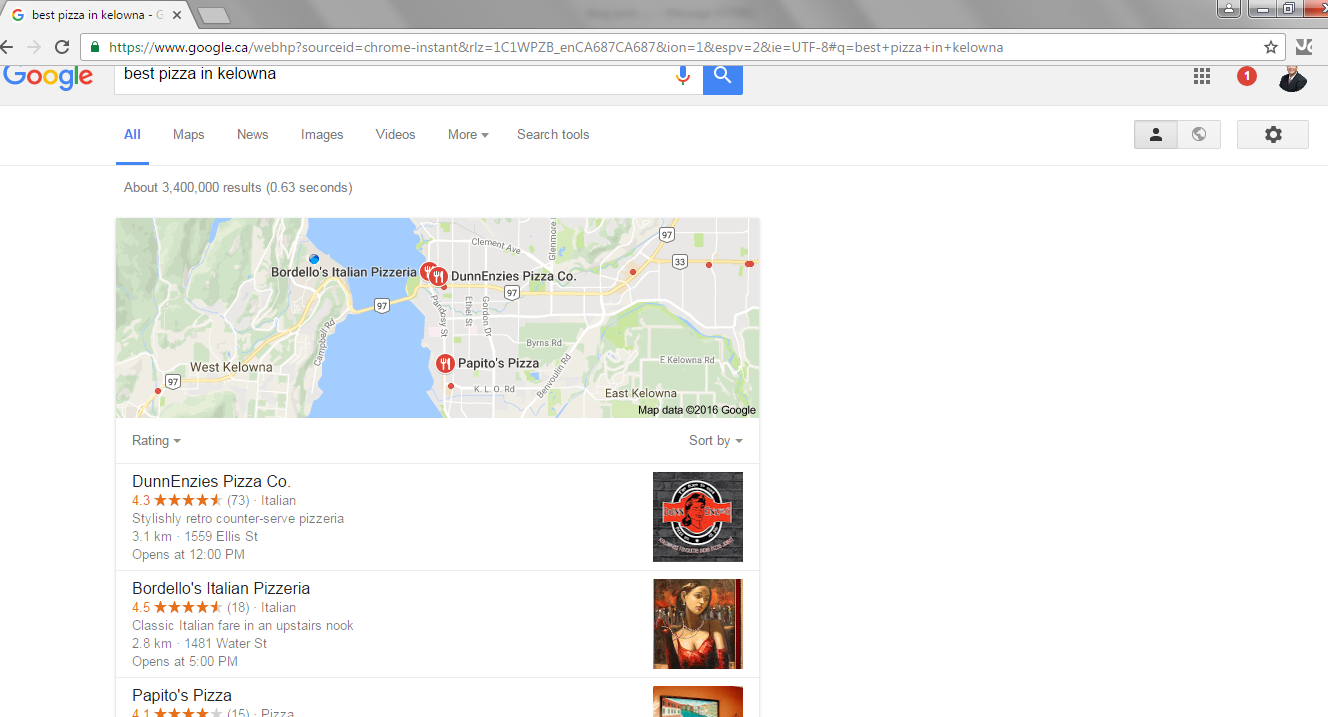Agent’s Guide to Writing a Business Plan
Business Plan – a written document that describes in detail how a business, usually a new one, is going to achieve its goals. A business plan lays out a written plan from a marketing, financial and operational viewpoint.
FACT: LESS THAN 3% OF REAL ESTATE AGENTS HAVE A BUSINESS PLAN
FACT: ESTIMATED 3% OF REAL ESTATE AGENTS IN NORTH AMERICA DOING 97% OF BUSINESS
“If you fail to plan, you plan to fail.” Writing a business plan may seem a daunting task as there are so many moving parts and concepts to address. Take it one step at a time and be sure to schedule regular review (quarterly, semi-annually, or annually) of your plan to be sure you on are track to meet your goals. It is that time of year again when we begin to build our plan for 2017 and let’s look at the key areas of the agent’s solid business plan.
1) Defining Your Mission & Vision
Writing a solid business plan begins by defining your business’s mission and vision statement. Though creating such a statement may seem like fluff, it is an important exercise. The mission and vision statement sets the foundation upon which to launch your business. It is difficult to move forward successfully without first defining your business and the ideals under which your business operates. A company description should be included as a part of the mission and vision statement: what type of real estate do you sell? Where is your business located? Who founded your business? What is sets your business apart from your competitors?
2) SWOT Analysis
Once you’ve created a mission and vision statement, the next step is to develop a SWOT analysis. SWOT stands for “Strengths, Weaknesses, Opportunities, and Threats.” It is difficult to set goals for your business without first enumerating your business’s strengths and weaknesses, and the strengths and weaknesses of your competitors. Do you offer superior customer service as compared with your competitors? Do you specialize in a niche market? What experiences do you have that set you apart from your competitors? What are your competitors’ strengths? Where do you see the market already saturated, and where are there opportunities for expansion and growth?
3) Setting Goals
Next, translate your mission and vision into tangible goals. If your mission statement is to make every client feel like your most important client: how specifically will you implement this? Do you want to grow your business? Is this growth measured by gross revenue, profit, personnel, or physical office space? How much growth do you aim for annually? What specific targets will you strive to hit annually in the next few years?
4) Marketing Plan
You may wish to create a marketing plan as either a section of your business plan or as an addendum. The Marketing Mix concerns product, price, place and promotion. What is your product? How does your price distinguish you from your competitors—is it industry average, upper quartile, or lower quartile? How does your pricing strategy benefit your clients? How and where will you promote your services? What types of promotions will you advertise? Will you ask clients for referrals or use coupons? Which channels will you use to place your marketing message?
5) Forming a Team
Ensuring the cooperation of all colleagues, supervisors, and service providers involved in your plan is another important element to consider. Is your business plan’s success contingent upon the cooperation of your colleagues? If so, what specifically do you need them to do? How will you evaluate their participation? Are they on-board with the role you have assigned them? How will you get “buy in” from these individuals?
6) Implementation & Follow-up
Implementation and follow-up are frequently overlooked aspects to the business plan, yet enormously vital to the success of the plan. Set dates (annually, semi-annually, quarterly, or monthly) to review your business plans goals: are you on track? Were the goals reasonable to achieve, impossible, or too easy? How do you measure success—is it by revenue, profit, or number of transactions?
And last, how do you plan to implement your business plan’s goals? When will you review and refine your business plan goals? What process will you use to review your goals? What types of quantitative and qualitative data will you collect and use to measure your success? So there you have it your guide to building your 2017 business plan. Click here to download your Click here to download your free 2017 business plan template and make 2017 your best year in real estate!
Strength and courage,
Wade
Please share this post using the buttons below…








